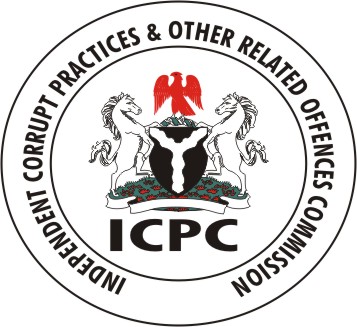The Independent Corrupt Practices and Other Related Offences Commission (ICPC) has urged for international action to combat Illicit Financial Flows (IFF).
Prof. Bolaji Owasanoye, Chairman of the Commission, made the call virtually during a side event at the 54th Conference of the United Nations Economic Commission for Africa (UNECA) in Dakar, Senegal.
In a statement released by the ICPC spokesman, Mrs Azuka Agugua, the ICPC chairman emphasized the importance of developing a strong and realistic global strategy to dealing with IFFs and the hazards they entail.
In his words: “The challenge we found ourselves today is that the rules have always been skewed in favour of those who export capital and against those who import capital. Corruption is a global issue and we have a global framework on corruption.
“The IFF is also a global issue but does not have a global framework. A way out of the problem is to institute a global framework on IFF which, among others, will address the huge financial losses suffered by African countries.”
He further noted that the Covid-19 pandemic and the Russia – Ukraine war have complicated the financial resources of African countries, adding that legal and policy measure would have to be taken to address the risks of IFFs.
He said such legal framework and policy measures should include the review of agreements entered into with multinational corporations, double taxation agreements, and design of a framework for trans-digital transactions.

Other measures to be adopted, according to him, include introduction of civil forfeiture of assets and beneficial ownership standards, and the enactment of laws, rules or regulations on unexplained wealth or lifestyle audit.
Still in line with his advocacy measures towards fighting corruption, he advocated for tougher measures against State Officials who collude with the MNCs against their countries.
“African countries must understand that the MNCs split contracts. The juicy parts of the contracts with MNCs are domiciled in their home countries while the non-juicy parts of the contracts are domiciled in Africa.
“We need to deal with the MNCs’ collaboration by government officials who look the other way in international agreements,” he said.
In attendance at the conference were representatives of member-countries of the Economic Community for Africa, Heads of Anti-Corruption Agencies and international bodies focused on regional efforts to track, recover and return stolen assets from Africa through the IFFs.
The United Nations Convention against Corruption (UNCAC) is the only legally binding universal anti-corruption instrument.
The Whistler





